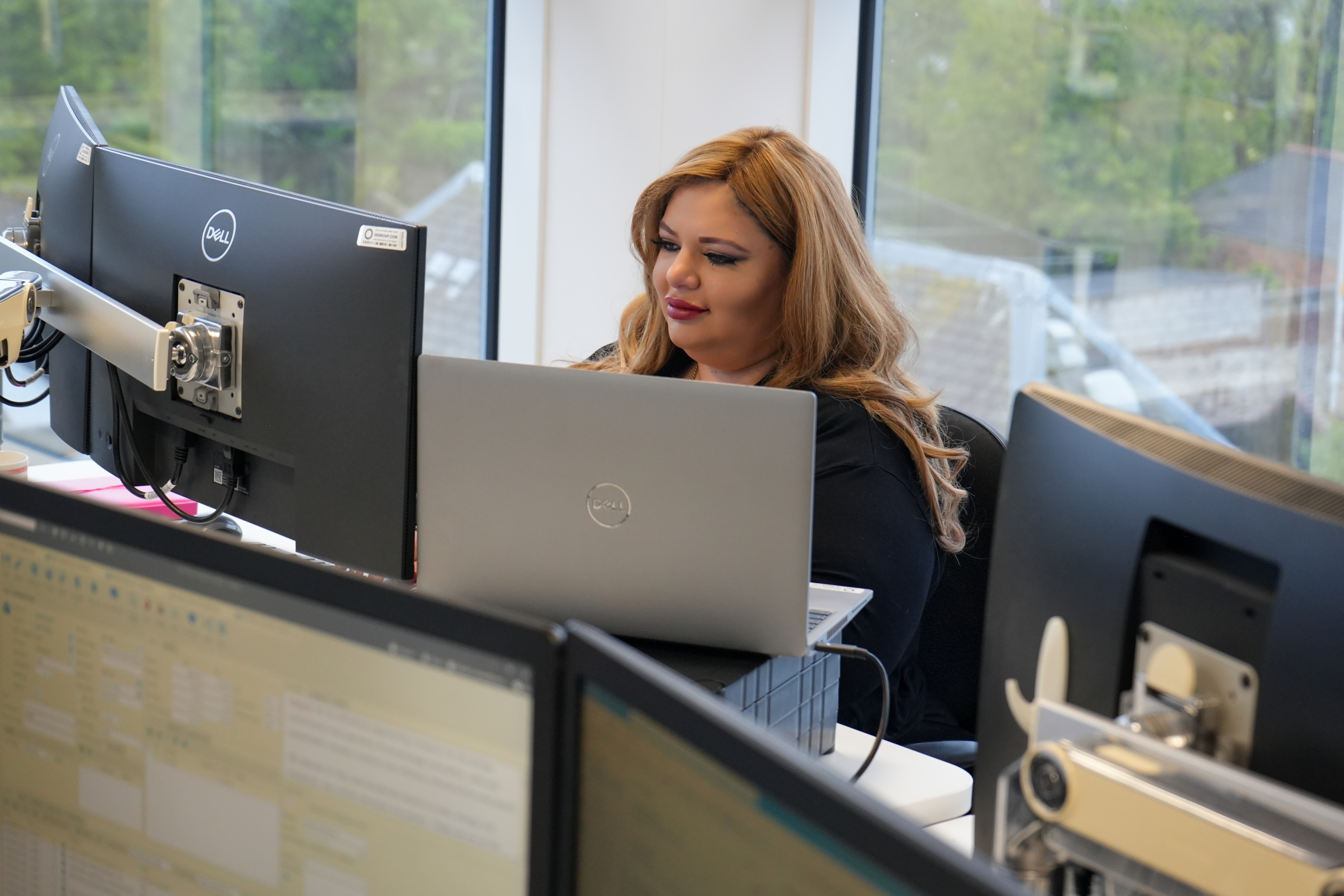Interview with Confidence - Practical Tips from Cammach
Our experience shows that preparation is the difference between good and great interviews. Here’s how to get it right.
We have helped people at every stage of their career, from first jobs to senior leadership moves, and we know the small details that make a big difference. These tips bring together what we have seen work best across all sectors and levels, practical, easy to follow, and designed to help you feel confident, focused, and ready to impress.
Pro tip before you apply:
Before you press “submit,” think about the bigger picture. Where is the role based? Could hybrid or flexible working work for you? What do you know about the company culture and values? Is it a real step forward or a sideways move? Having these answers will give you clarity for your application and a strong foundation for interview success.
Job Application Checklist
